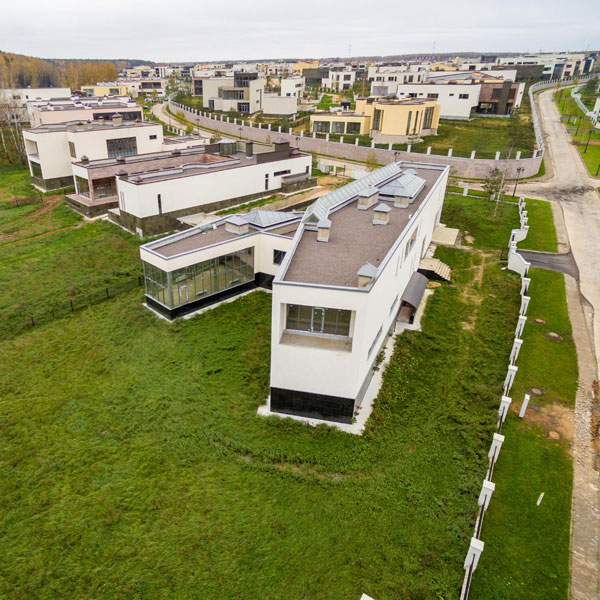
There are many small towns in Canada that investors generally ignore because they are “not in my backyard” and having a property in other markets tends to be scary. While there are certain risks to consider in any market other than the one you live in, it is wise to consider the market where you will get the best returns in real estate.
We do recommend that investors get educated and learn the rules of the game from an expert in their local area to develop the skills of analysis, property management, renovations, financing, and structuring before venturing afar. Learning the lessons will be more difficult in an auxiliary market, and each market has its own economic drivers, cycles, and factors to consider. One of the factors to consider is the CAP rate – which is a measure of the real estate property cash flow performance.
For example, a 1,000,000 building in Calgary that has an NOI (net operating income) of 60,000 after all costs would be calculated as follows: 60,000/1,000,000 = 6% CAP rate. The guideline for US properties is a minimum of 7% cap rate, here in Canada it would be more reasonable to expect 6% cap rates for fully optimized buildings. Property in large “sexy” markets typically perform much below this mark, for example in Calgary at the time of this writing buildings trade around 4-4.5% cap rates for larger buildings and Edmonton Multi-Family rates at around 5%-5.5% cap rates. Industrial/commercial office is a sector that can have higher cap rates, however, these properties in Calgary and abroad have a much higher price tag!
Smaller centers such as those 1-2 hours from a major center will have lower taxes, cheaper land prices, lowering the total cost of the building allowing for an average of a higher CAP or cash flow performance. These properties will require a solid management strategy or a great property management company – which are hard to find in my experience, I would recommend partnering with a local investor in the area you are interested in or get their recommendation on who the best service provider is in that marketplace.
Because of these factors, the cap rate will be higher and the rent typically a bit lower – however with good optimization the building costs can be lower giving you significant cash flow, also CMHC financing can be used to structure the financing for longer amortization and lower interest rates – you have to pay a premium and work with CMHC experts, but the extra legwork is worth it. There are many small towns in Ontario within a few hours of major centers like Ottawa, Toronto, Thunder Bay, Windsor where you can get multi-family for significantly cheaper than markets like Alberta/BC – these areas have good jobs growth/industry driving demand for rental units.
Consider looking outside of your backyard for deals, the pioneers looking for gold had to trek across this continent looking for the hills to dig under to excavate those gold bars – you might have to as well to find the great real estate deals.
Respect the hustle
Tim Reid

